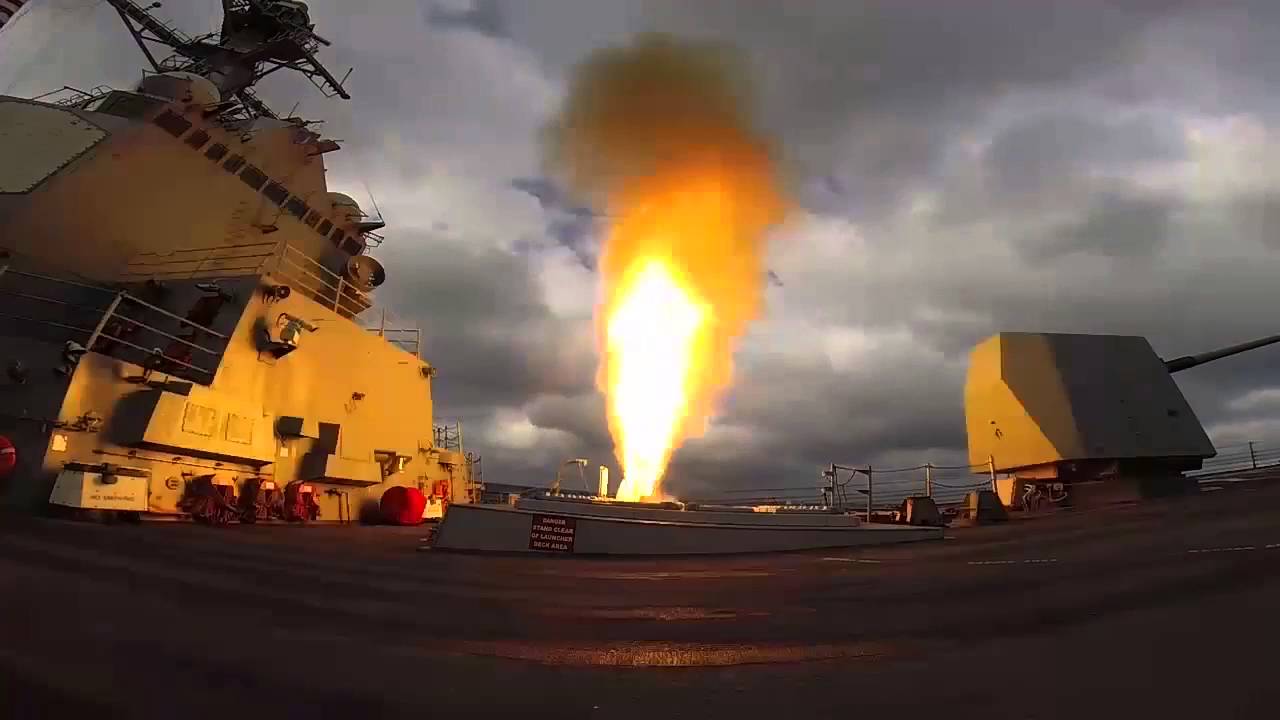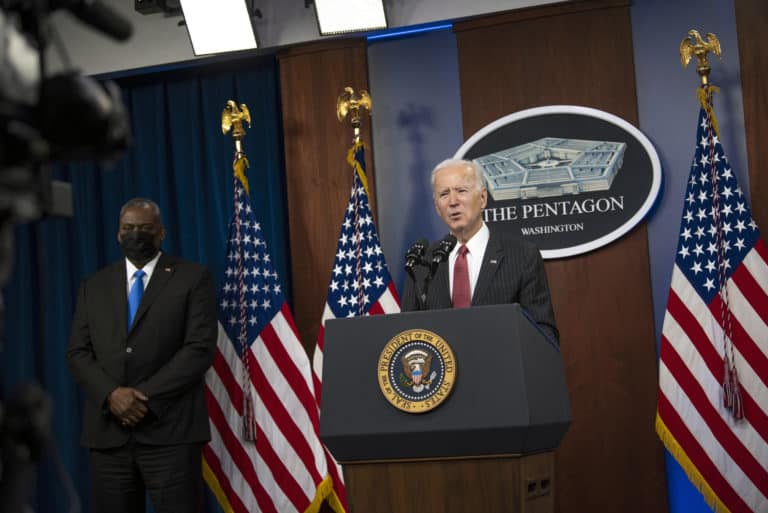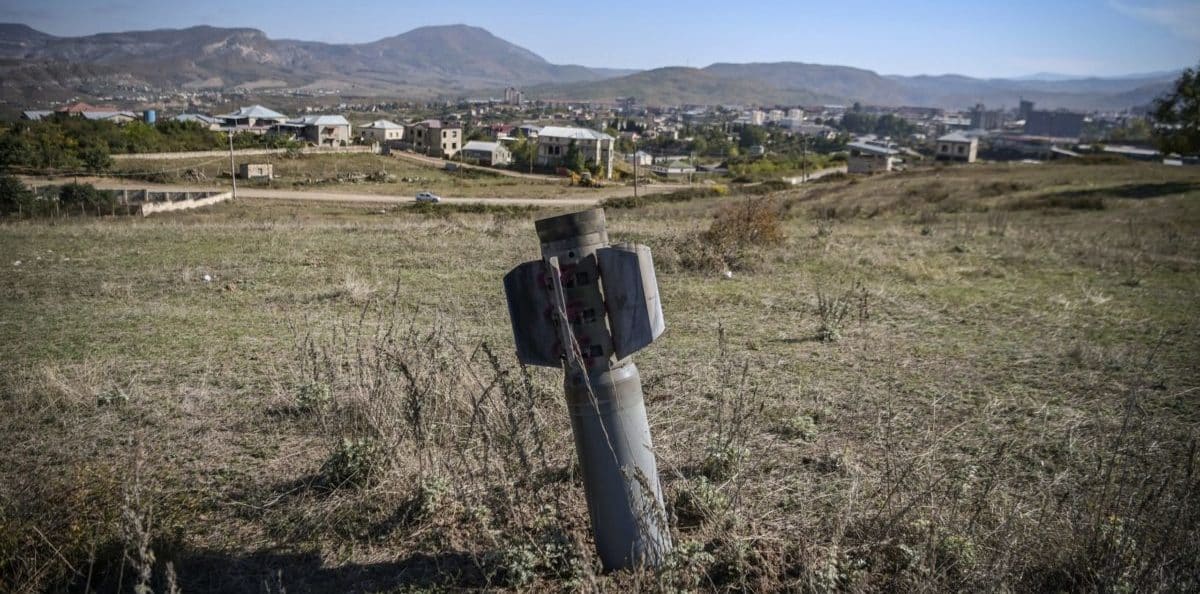24 items, Page 1 of 3

February 13, 2024
The common analysis of recent air and missile defense engagements in the Red Sea through a cost exchange ratio framework ignores both the complexity of those engagements and the complicated value of air and missile defense.

July 14, 2022
This report explores the strategic significance of air and missile defense for the homeland and develops and costs a defense architecture.

June 17, 2022
President’s Budget Request In April, the Biden administration released its Fiscal Year 2023 defense budget request. The administration’s second budget requests $24.7 billion for a category it calls “missile defeat and defense,” an increase from the $21.9 billion enacted in 2022. This grouping of programs includes traditional missile defense programs funded in the Missile Defense...

March 21, 2022
President Biden signed an omnibus spending bill to fund the government for the rest of FY 2022 on March 15, 2022, which included funding for the Department of Defense. The omnibus bill concludes the FY 2022 budget cycle as the Administration turns to submitting its FY 2023 request. * Passed $1 billion supplemental appropriation as...

December 10, 2021
The 2022 budget request for missile defense and defeat seeks, but does not yet achieve, alignment with the reality of long-term strategic competition.

September 27, 2021
Whether based on land, aerostats, aircraft, or in orbit, elevated sensors can supplement targeting capabilities.

April 29, 2021
The Biden administration is expected to release its first budget request for FY 2022 in May. The request marks the first budget since FY 2011 that is not subject to the discretionary spending limits imposed by the Budget Control Act. While the defense budget request for FY 2022 was developed predominantly under the previous administration,...

December 8, 2020
The decision to reject congressional oversight on HBTSS increases institutional uncertainty at a time when stable funding and management is critical.

December 8, 2020
The combined use of drones, artillery, and missiles in the Armenian-Azerbaijani conflict in Nagorno-Karabakh offers critical insight into the conduct of future wars.

July 15, 2020
Track the status of Fiscal Year 2021 missile defense funding as it makes its way through Congress.







